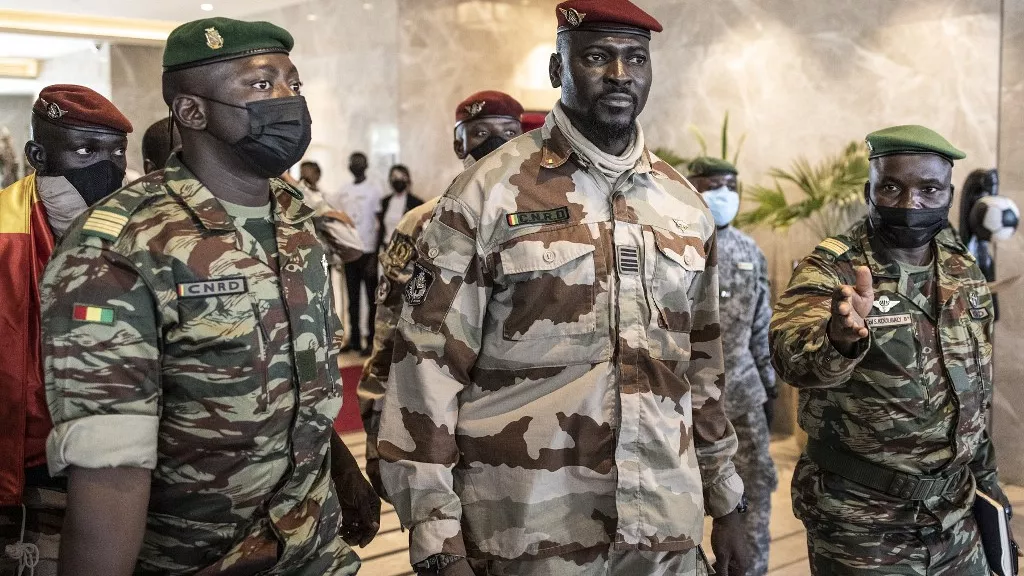An opposition collective in Guinea has reported the deaths of four young people in clashes with security forces on Monday and Tuesday, the anniversary of the military takeover of power in 2021.
No comment was obtained from the authorities.
In a statement published early on Wednesday on the Facebook page of one of their leading members, the Forces vives, a collective of opposition parties and organizations, reported the deaths of four young men aged between 15 and 18.
Their deaths bring to 30 the number of people killed by the security forces since June 2022, they say. This date corresponds to a hardening of the opposition towards the junta after the restraint initially observed following the military’s seizure of power on September 5, 2021.
Since that date, 108 people have been wounded by bullets and hundreds of others have been arrested and arbitrarily detained, say the Forces vives.
The junta led by Colonel Mamady Doumbouya, who was sworn in as president, banned demonstrations in May 2022. The Forces vives have nevertheless called for a march on Tuesday, the anniversary of the putsch, to demand a rapid return to civilian rule. They accuse the authorities of “confiscating” power, repressing freedoms, and, more recently, enriching themselves.
A large deployment of security forces prevented the march from taking place in Conakry on Tuesday. As with every call to demonstrate, clashes broke out between youth groups and security forces on the outskirts of the capital.
The military who overthrew President Alpha Condé in 2021 have agreed, under international pressure, to hand over to elected civilians by the end of 2024, to allow time for far-reaching reforms, they say.
The Forces Vives accuse the authorities of having done nothing to transfer power. On the contrary, the Minister of Territorial Administration, Mory Condé, assured us on Tuesday that the government was “ahead” of the timetable agreed with the regional organization Ecowas for the return of civilians to the leadership of this poor country with a troubled political history.

